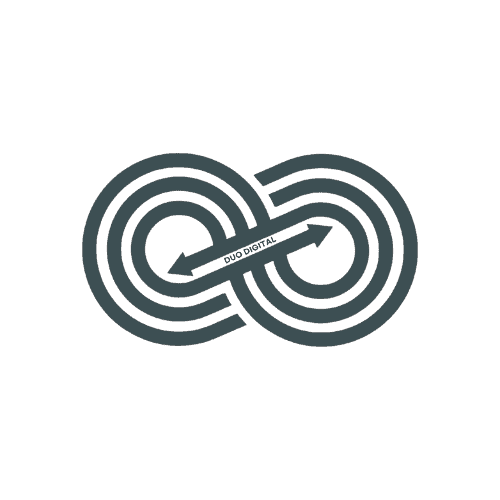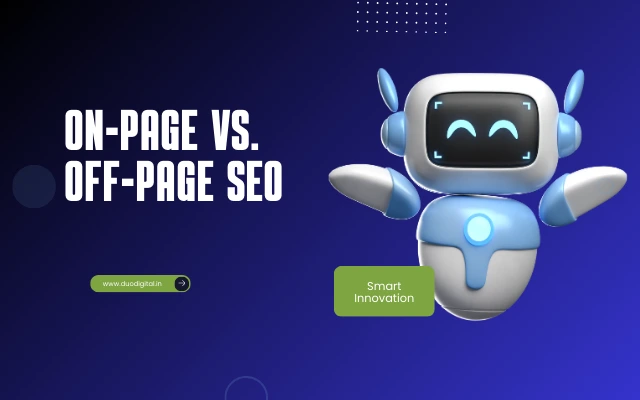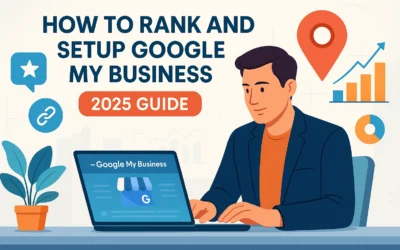In the world of digital marketing, Search Engine Optimization (SEO) plays a crucial role in driving organic traffic to websites. However, SEO is not a single entity; it is divided into two major categories — On-Page SEO vs. Off-Page SEO. Both are essential components that work together to improve a website’s visibility on search engines.
But which one matters more? Should you invest more time optimizing your website content or building backlinks? In this article, we will dive deep into the core differences, benefits, and importance of both strategies to help you make an informed decision.
What is On-Page SEO?
On-Page SEO refers to the practice of optimizing individual web pages to improve search engine rankings and earn organic traffic. This involves tweaking elements within your website, such as content, HTML source code, and website structure.
Key Elements of On-Page SEO
1. Title Tags and Meta Descriptions
Title tags and meta descriptions are the first things users and search engines see. An optimized title tag should include the primary keyword and reflect the page content.
- Example: “On-Page SEO Tips: Improve Your Rankings Today!”
- Meta descriptions should be compelling and under 160 characters.
2. High-Quality Content
Content is king when it comes to On-Page SEO. Search engines prioritize relevant, well-researched, and engaging content that satisfies user intent.
- Include primary and secondary keywords naturally.
- Write for humans first, search engines second.
3. Header Tags (H1, H2, H3…)
Header tags help structure the content, making it easier for readers and search engines to understand.
- H1: Primary title of the page.
- H2-H6: Subheadings for better content flow.
4. URL Structure
A clean and SEO-friendly URL should reflect the content of the page.
- Example: www.example.com/on-page-seo-tips
5. Internal Linking
Linking to other relevant pages on your website helps search engines crawl your site better.
- Benefits:
- Keeps users engaged longer.
- Passes link equity within the site.
6. Page Load Speed
Fast-loading pages improve user experience and reduce bounce rates.
- Compress images, use caching, and optimize server response time.
7. Mobile-Friendliness
With Google’s mobile-first indexing, having a mobile-optimized website is crucial.
- Responsive design ensures better rankings.
What is Off-Page SEO?
Off-Page SEO refers to actions taken outside your own website to improve its visibility and ranking in search engines. It primarily revolves around building backlinks, social media marketing, and brand mentions.
Key Elements of Off-Page SEO
1. Backlinks (Link Building)
Backlinks are the backbone of Off-Page SEO. Search engines consider backlinks as votes of confidence.
- High-Quality Backlinks: Links from authoritative sites matter more.
- Dofollow vs. Nofollow: Dofollow links pass link juice, nofollow links do not.
2. Social Signals
Although not a direct ranking factor, social media activity can drive traffic and engagement, indirectly boosting SEO.
- More shares and likes indicate valuable content.
3. Brand Mentions
Even unlinked brand mentions signal trust to search engines.
- Example: If a well-known website mentions your brand, it builds credibility.
4. Influencer Outreach
Collaborating with influencers can expand your reach and generate valuable backlinks.
- Influencer endorsements can increase traffic and authority.
5. Forum and Community Participation
Engaging in industry-related forums helps in building relationships and brand visibility.
- Websites like Reddit and Quora offer link-building opportunities.
On-Page SEO vs. Off-Page SEO: Key Differences
| Factors | On-Page SEO | Off-Page SEO |
|---|---|---|
| Definition | Optimizing elements on your website. | Activities outside your website. |
| Focus Area | Content, HTML tags, site structure. | Backlinks, brand mentions, social signals. |
| Control | Full control over optimization. | Limited control over external factors. |
| Time to See Results | Faster, typically within weeks. | Slower, may take months. |
| Cost Involvement | Usually low cost if done in-house. | Can be expensive for high-quality links. |
| Longevity | Results last as long as optimized. | Requires continuous effort. |
Why Both Are Essential for SEO Success
Relying on only one aspect of SEO is like trying to win a race with one leg. For sustainable success, both On-Page and Off-Page SEO need to work in harmony.
- On-Page SEO ensures your website is optimized for search engines and user experience.
- Off-Page SEO builds credibility and authority, signaling trust to search engines.
Which Matters More in 2025?
In 2025, the SEO landscape continues to evolve with changing algorithms and user behavior. So, which one matters more?
When to Focus More on On-Page SEO
- If you’re just starting with a new website.
- When you need faster visibility.
- If your bounce rates and engagement metrics are poor.
When to Prioritize Off-Page SEO
- If you want to improve domain authority.
- To compete with high-ranking websites.
- When you’ve exhausted On-Page SEO opportunities.
Best Practices for Combining On-Page vs. Off-Page SEO
- Create Valuable Content – Content that naturally attracts backlinks.
- Optimize for User Intent – Match searcher queries with precise answers.
- Engage in Community Outreach – Be active in forums and industry blogs.
- Leverage Social Media – Share content on social platforms.
- Monitor and Analyze – Use tools like Google Analytics and SEMrush to track performance.
Frequently Asked Questions
On-Page SEO focuses on optimizing elements within your website, while Off-Page SEO revolves around external factors like backlinks and brand mentions.
On-Page SEO often shows results within weeks, while Off-Page SEO can take months, depending on the competition and quality of backlinks.
It is possible for low-competition keywords, but Off-Page SEO is crucial for high-competition niches.
Yes, backlinks remain a strong ranking signal, but the focus has shifted to quality over quantity.
On-Page SEO is generally easier to implement as it involves optimizing elements you control.
Use tools like Google Analytics and Google Search Console to track rankings, organic traffic, and bounce rates.
Conclusion
Both On-Page and Off-Page SEO play indispensable roles in improving a website’s visibility. Prioritizing one over the other depends on your website’s current standing and long-term goals. In an ideal scenario, combining both strategies leads to sustainable and scalable growth.
In 2025 and beyond, SEO is not just about ticking boxes; it’s about delivering value, building relationships, and creating a trusted online presence.




